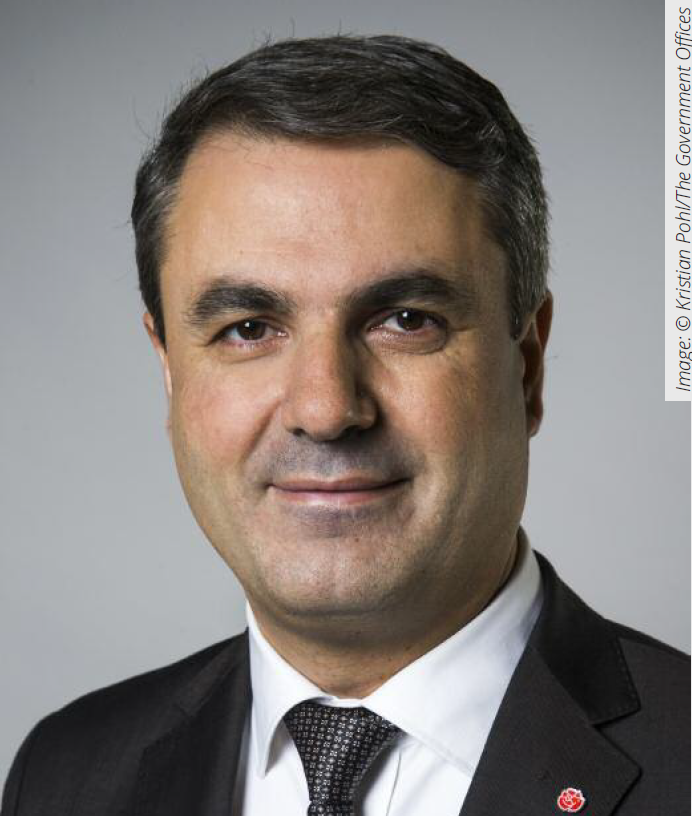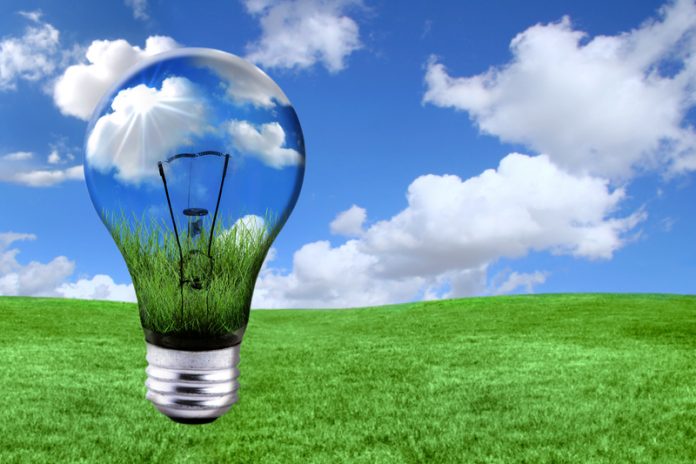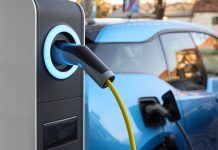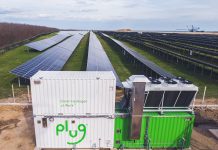Sweden’s Minister for Policy Coordination and Energy, Ibrahim Baylan talks to us about his government’s priorities for developing the sustainable energy solutions of tomorrow
In this special interview, Sweden’s Minister for Policy Coordination and Energy, Ibrahim Baylan details his government’s priorities for developing the sustainable energy solutions of tomorrow. In our discussion with him, he details Sweden’s plans for future investments in clean energy and how the Clean Energy Ministerial (CEM) aims to accelerate the global rate of energy efficiency improvement and increase both the volume and accessibility of sustainable energy.
Sweden aims to become one of the first fossil-free welfare societies in the world. That is a major task, but I believe it is possible. For the first time in world history, we have the technology to provide our homes and businesses with energy in a way that does not destroy the climate and at the same time, creates new jobs and contributes to growth.
In addition, the Minister explains the aspects of energy where he thinks that international collaboration would be beneficial, such as smart electricity grids, electric vehicles, energy-efficient products and the management of the increasing share of variable energy sources in electricity grids. Finally, the Minister explains his thoughts on where he sees Swedish energy policy heading in the future.
What are your government’s priorities for developing the sustainable energy solutions of tomorrow, in light of the Clean Energy Ministerial (CEM) and the Mission Innovation Ministerial (MI) parallel collaborations?
First of all, all countries need to transform their energy sectors. The energy sector is at the centre of the climate challenge – this sector accounts for two-thirds of the Earth’s total greenhouse gas emissions. To be able to transform the energy sector, I believe it is important that we not only focus on sustainable production of energy, but also scrutinise its use. As an example, we know that in Sweden, we could cut our electricity consumption from lighting by 50% if we switch to modern and efficient lighting products.
What are your priorities for future investments in clean energy?
In Sweden, we have reached a long-term political agreement for 100% renewable electricity production by 2040 and to use our energy 50% more efficiently by 2030, compared to 2005. We are also aiming to become one of the first fossil-free welfare nations. All of the actions taken by the energy policies in Sweden aim towards achieving these targets. Within the last year, The Swedish Government has, for example, expanded our green certificate system with 90% more TWh and we have suggested new legislation for the country’s hydropower production. Going forward, we will focus more of our attention on the user side of the energy sector. With new technologies and services on the usage, distribution and storage of energy, I believe that we can go a long way towards sustainability.
Tell us how the Clean Energy Ministerial (CEM) aims to accelerate the global rate of energy efficiency improvement and increase both the volume and accessibility of sustainable energy?
Clean Energy Ministerial (CEM) is a global forum to promote policies and programmes that advance clean energy technologies. We share lessons learned and best practices, while also running technology programmes and campaigns. The countries who are partners in CEM account for approximately 90% of the world’s clean energy investments and 75% of global emissions. What these countries do matter.
Can you detail the areas where international collaboration would be beneficial, such as smart electricity grids, electric vehicles, energy-efficient products and the management of the increasing share of variable energy sources in electricity grids?
Collaboration is key when transforming the energy sector in such areas. We need collaboration between public and private actors, as well as between countries. At the same time, there is no “one size fits all”, so when we learn from each other and share technologies, local adaptation is often required. The transport sector appears to be one of the most difficult areas to solve when it comes to decreasing pollution. Not all solutions are in place here yet. Research and technological developments are, therefore, needed for energy-efficient transportation, new fuels and electrification.
In Sweden, we have reached a long-term political agreement for 100% renewable electricity production by 2040 and to use our energy 50% more efficiently by 2030, compared to 2005. We are also aiming to become one of the first fossil-free welfare nations. All of the actions taken by the energy policies in Sweden aim towards achieving these targets.
Finally, in terms of Swedish energy policy, where do you see it going in the future and what are your government’s priorities for it?
Sweden aims to become one of the first fossil-free welfare societies in the world. That is a major task, but I believe it is possible. For the first time in world history, we have the technology to provide our homes and businesses with energy in a way that does not destroy the climate and at the same time, creates new jobs and contributes to growth. The targets we have set up in government demand a great deal of us politicians, as well as all actors in society. We need wise, forward-looking decisions and we need to be prepared to invest in new and innovative solutions.

Ibrahim Baylan
Minister for Policy Coordination and Energy
Government Offices of Sweden
Tel: +46 8 405 10 00
Editor's Recommended Articles
-
Must Read >> How district energy contributes to smart cities













